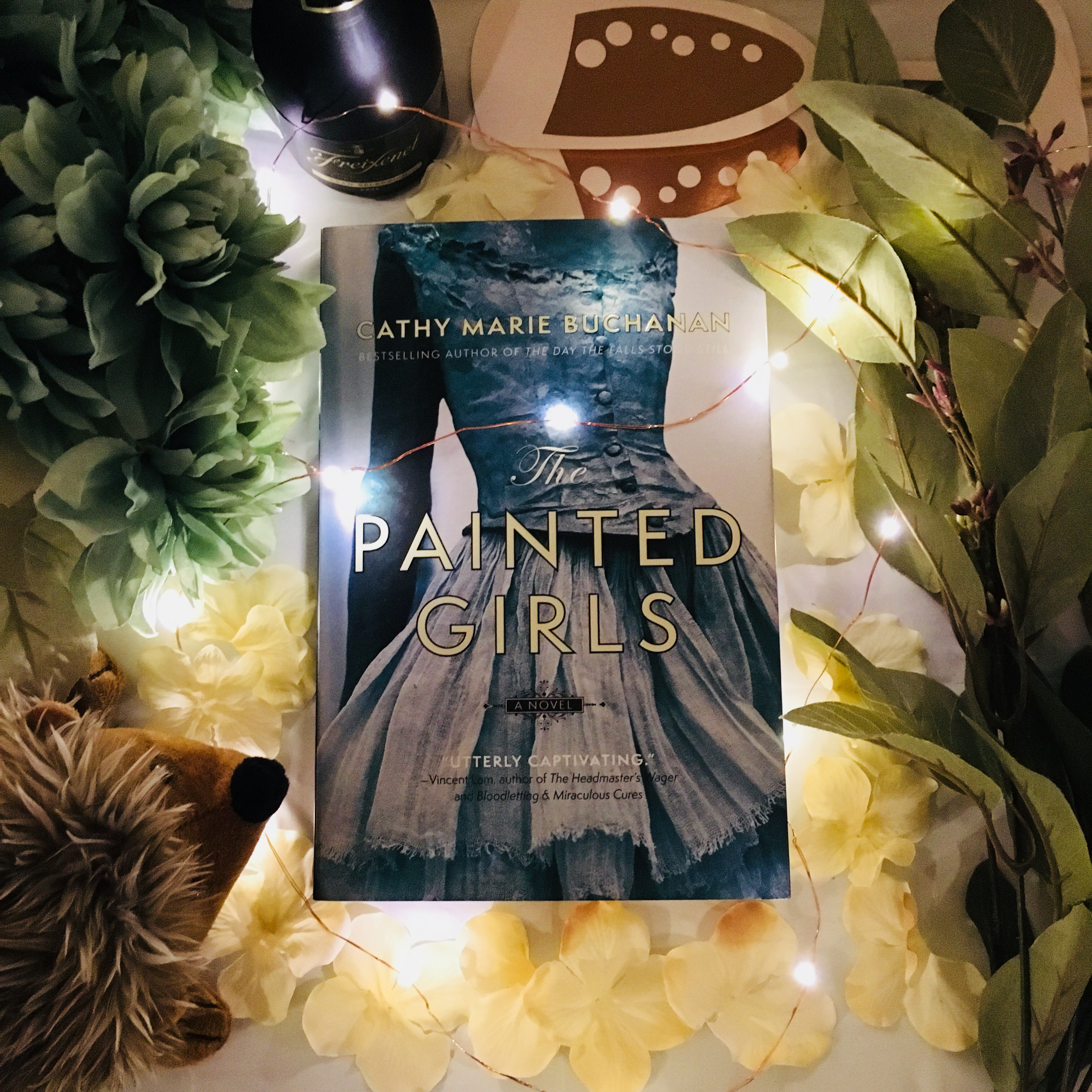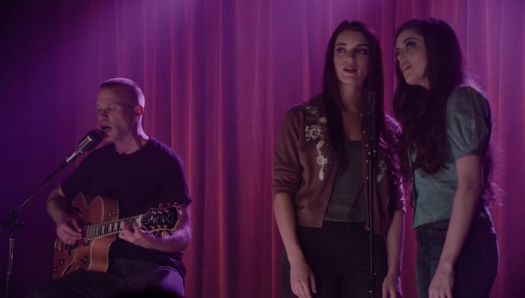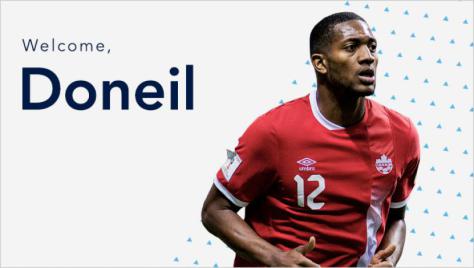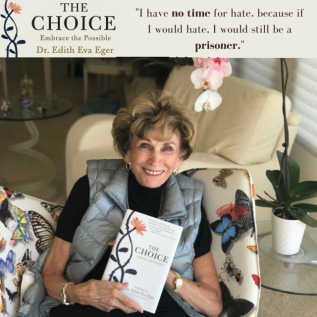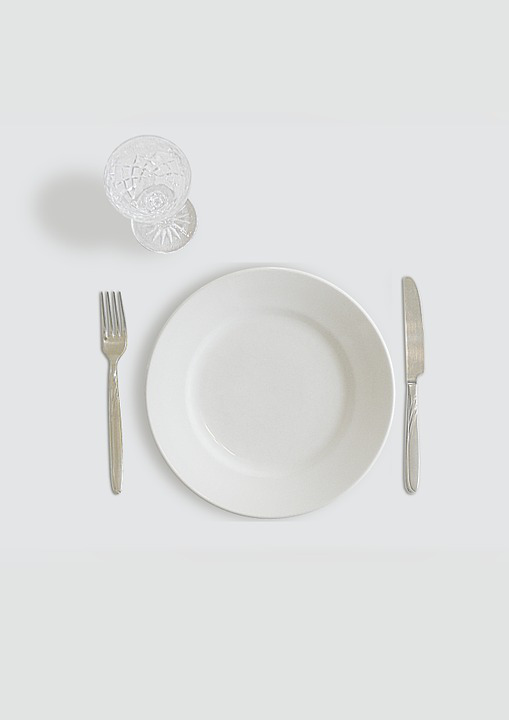
I recently upgraded to an iPhone 7 Plus. It’s got a huge screen, so I downloaded Kindle, despite prior experience telling me that I cannot be trusted with access to instantly downloadable books. So far, I’ve read This Is Going to Hurt by Adam Kay (don’t let the fact he writes for Mrs Browns Boys put you off, this is a very revealing and important book), and last night I finished Hunger by Roxane Gay.
Brought into the spotlight with seminal feminist writing Bad Feminist, I personally first became aware of Roxane’s work via The Toast and The Butter (both now defunct, but it is more than worth your time to go through the archives as these sites are just phenomenal, and I am obsessed with Mallory Ortberg). I started following Roxane on Twitter, and was instantly a fan of her honest approach with the people she spoke to, whether they were self-proclaimed fans or the endless army of trolls/self-satisfied white men. She also loves Channing Tatum, so clearly, she’s brilliant.
I’d heard about Hunger on the Twitter-literature grapevine, and I’ve been intrigued by the concept. I don’t think I’m necessarily the target audience, and as such, my opinion on the book probably isn’t as important as other readers. But I need to talk about it, because this book made me feel things I’m not sure I’ve ever felt because of book before.
Roxane is, as described in the book, super morbidly obese. She reveals how her body has had an endless impact on her life, and the memoir explores the ‘time before’ and the ‘time after’ she was horrifically assaulted at the age of 12.
She explores subjects including diet, work, education relationships (including friendships, sexuality and her family) and more.
The memoir is far longer than I thought it would be, and while it felt repetitive in places, it’s nothing short of an essential read.
Roxane’s discussion about the way the female body is perceived by wider society in general was so exact and true; the idea that it is considered an inherent part of womanhood to want to lose weight, and to disappear and be invisible took my breath away.
Undoubtedly, what will draw people to the book who wouldn’t normally engage in feminist literature will be the brutal rape that has dominated headlines in the lead up to publication. Her truth of the event is heart-breaking, and the scene she sets (though scene isn’t really the right word) stuck in my throat and left me sleepless. Her reasons for the weight gain and her reluctance to lose weight adds a layer to fat discourse that just hasn’t been spoken about before elsewhere, by either the body positive movement or those who oppose fat bodies.
There were a few moments that made me feel sick with recognition. I am not a fat person. My BMI is below 24. But her revelations at seeing those with eating disorders on TV, whether they are overweight or anorexic, resonated with me far more than I honestly like to admit.
This is a book for women. It is a book about Roxane’s experience, and I admire her for refusing to speak about the ‘universal experience’ demanded of feminist writers today, but there is so much here that is also the story of millions of middle-class women of any size or colour.
If you’ve read Hunger, I would sincerely like to hear from you. Because I read this on Kindle, it’s been difficult to make notes and take quotes, but it’d be great to hear other opinions about such an honest piece of writing.
Share this:
